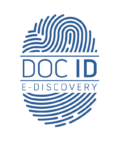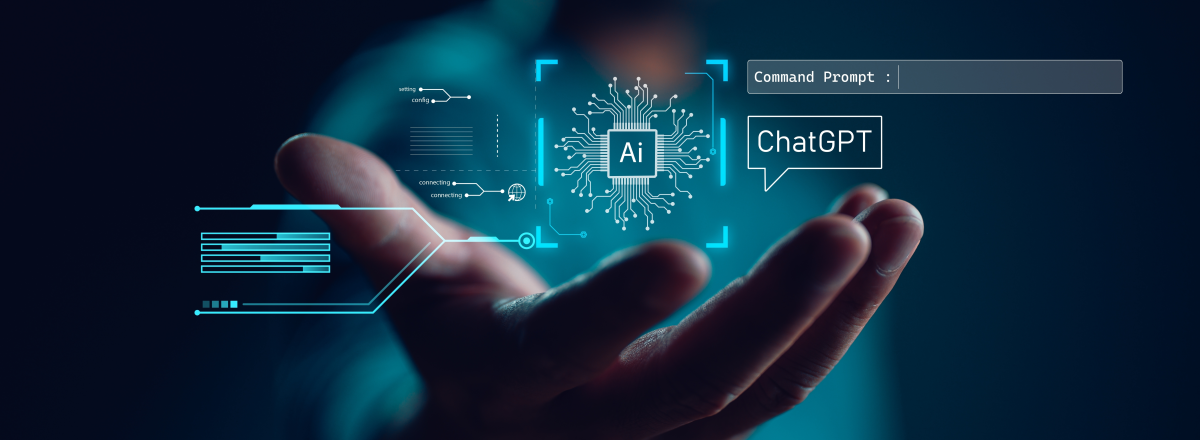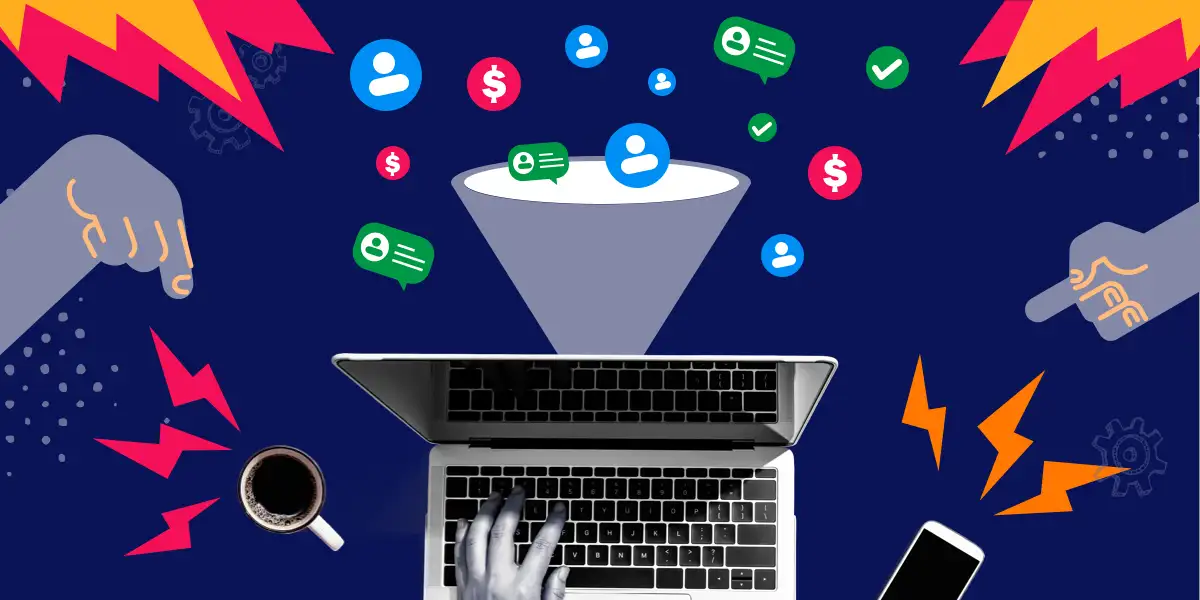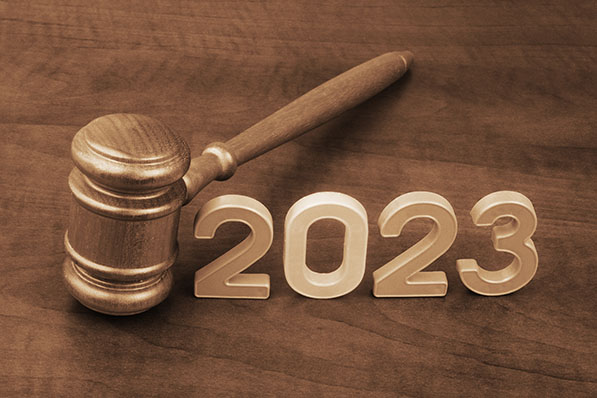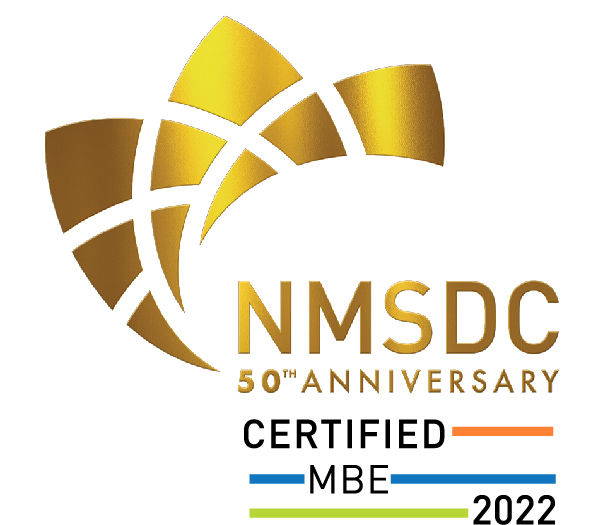Artificial Intelligence Prompts And When The Source Of The Error Is NOT Between The Keyboard And The Chair
'Prompt engineering' is a hot topic, but what if every generative AI tool has a different vision of what amounts to a good prompt? Boolean mastery was once the coin of the legal writing realm. Marrying keen legal thinking, a sense of how courts write, and the ability to appreciate the difference between a timely [...]
